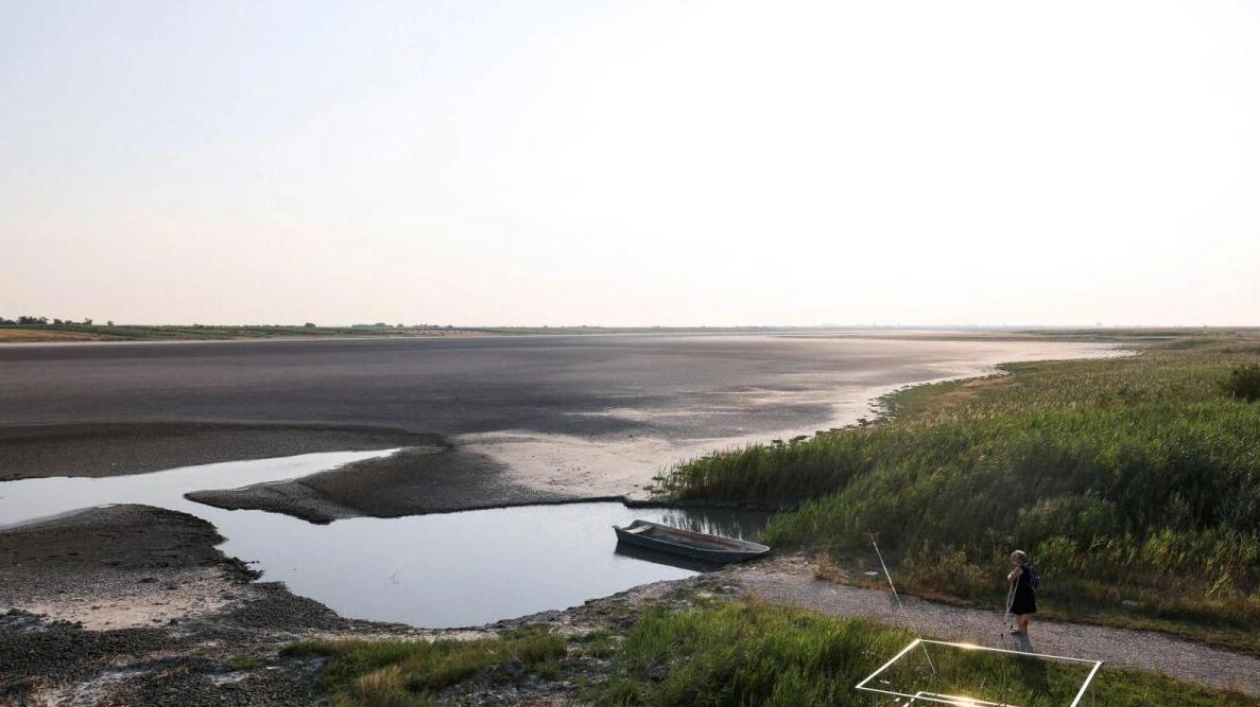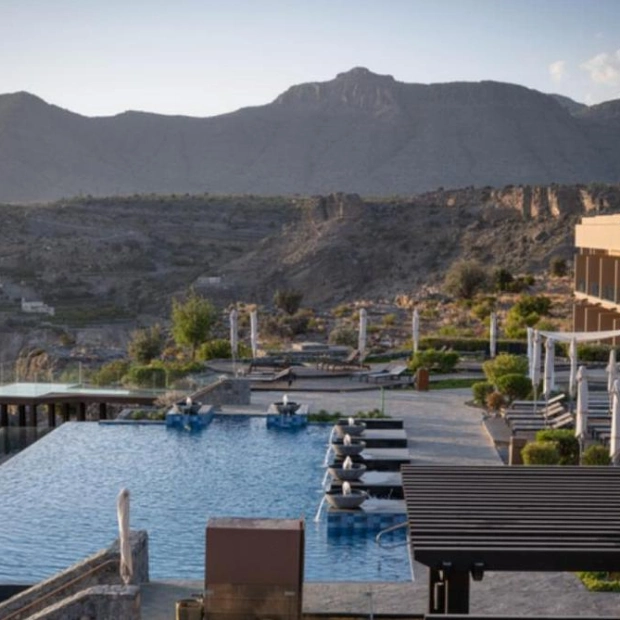On Wednesday, the Balkans, along with much of Europe, remained under the grip of a prolonged heatwave, sparking forest fires and causing the Rusanda salt lake in Serbia to dry up for the first time. A meteorologist cautioned that such extreme heatwaves could become more frequent.
"Currently, we are experiencing an extreme weather event, a heatwave notable for its duration and intensity," Vladimir Djurdjevic, a meteorologist based in Belgrade, informed Reuters. He added that climate change might lead to more frequent scorching summers. Temperatures soared across the Balkans this week, with countries like Croatia, Montenegro, and North Macedonia expecting temperatures around 39 degrees Celsius.
In Serbia, the Rusanda salt lake in Vojvodina, known for its medicinal mud, dried up for the first time, according to locals. "It was a marsh, and now it's gone. This is the lowest level the lake has ever reached, and it's also due to the drought," said 72-year-old resident Sava Jovkic. On Wednesday, Serbia's public health institute identified dangerous conditions in 10 municipalities. The previous day, Belgrade recorded its hottest-ever July 16 with a temperature of 38.4°C.
The Adriatic Sea reached near-record temperatures of 29.5°C in several Croatian coastal resorts. Forest fires in North Macedonia and Albania necessitated the deployment of firefighters, airplanes, and helicopters. North Macedonia declared a state of emergency due to the forest fires. In a regional climate report, the World Bank warned that the Western Balkan economies need to invest at least $37 billion over the next decade to safeguard people and property from climate change impacts. The Western Balkans include Albania, Bosnia and Herzegovina, Kosovo, Montenegro, North Macedonia, and Serbia.
Elsewhere in Europe, Italy is bracing for intense heat, with temperatures expected to hit 45°C. Other countries affected by the heatwave include Greece, France, Spain, Poland, and Ukraine.






